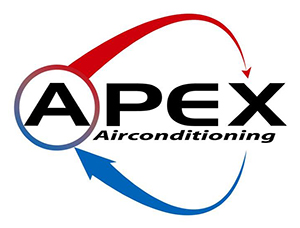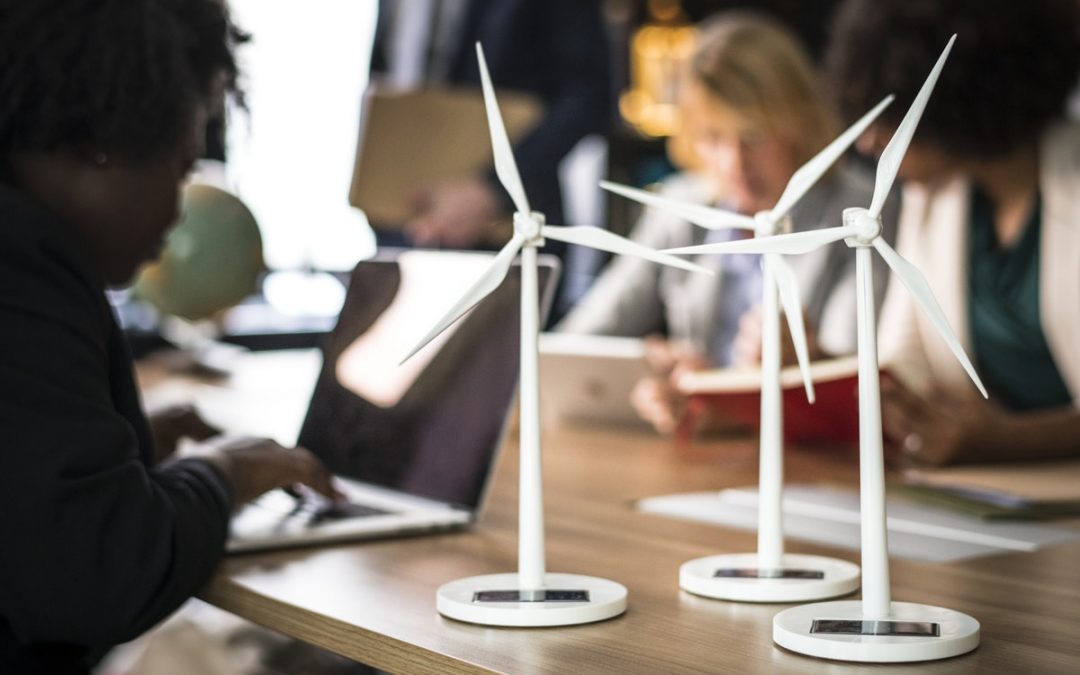Many arguments have been made about why businesses should seek to conserve energy and why this should not be a last minute thought or an additional extra. The bottom line of them all is saving money and saving the environment. For instance, if you have your water heater systems insulated and close to the outputs, you lose less heat. Consequently, you save on power. The less power you consume, the less you contribute to the carbon footprint and the greenhouse effect.
It becomes important that as a business owner, you know what you are spending on energy. An energy audit can help you to determine if there are any energy losses in your office. Besides saving you a lot of money, an energy audit also serves the safety of your employees and your equipment. If you have equipment that uses too much energy, you risk overloading the electrical systems in the office which could even lead to fires. Ideally, a business looking for commercial air conditioning servicing would get an audit at least once a year. Every professional will conduct the process differently, but here is what a typical energy audit looks like:
Locating air leaks
The idea here is to find any air leaks in the office. Generally, you can save anywhere between 10% – 20% of your energy expenses in the office by eliminating air leaks. Air could be lost through things like spaces along baseboards or the floor edges. There could also be wall and ceiling spaces that are losing air. Places, where buildings meet, also commonly lose air.
Appliance test
Many professionals find it best to start their audits by checking the appliances. Here, they take account of everything you have in the office whether it is a fax machine, a photocopier or even a forgotten computer, as long as it is plugged to power. They may recommend replacements when it is deemed necessary; for example, an old fax machine loses efficiency with time. As a pro tip; after an audit, ask for a recommendation of power-saving technologies when it comes to your office appliances and equipment.
Heating and cooling equipment checks
The commercial air conditioning servicing professional takes stock of all the cooling and heating equipment in the office. Offices that have things like furnaces get the filters checked, for example. The best time for such a check is when the office tends to use the equipment the most. That way, whatever they find is representative. A general rule with heating and cooling equipment is that they should be upgraded, or at least replaced after ten years.
The idea behind an electrical audit is straightforward. If you can tell how much electricity every part of your office uses then you can calculate what the overall consumption should be and compare it with what it is. From there, you can have any changes made that will lower the energy consumption, such as upgrading equipment.
What is more, you form a baseline that you can use all through the year to monitor the changes in the office’s energy consumption. While some people online offer suggestions to conduct personal audits for your office, the best way forward is to get a commercial air conditioning servicing professional. There are set recommendations that only a professional would know. Besides, handling some equipment and translating readings may prove tricky for the untrained eye.
Fortunately, you can get such a service at Apex Air Conditioning. We exist to make your life simpler. We have the personnel, the expertise and the experience to conduct an audit of your air conditioning unit for you and to recommend changes that you may need to make to improve efficiency. You will not even need to know much, the findings are presented in a way that you can easily translate into actionable steps. If you have an office space that you want to be checked, contact Apex today to see how we can help you conduct an AC energy audit.

